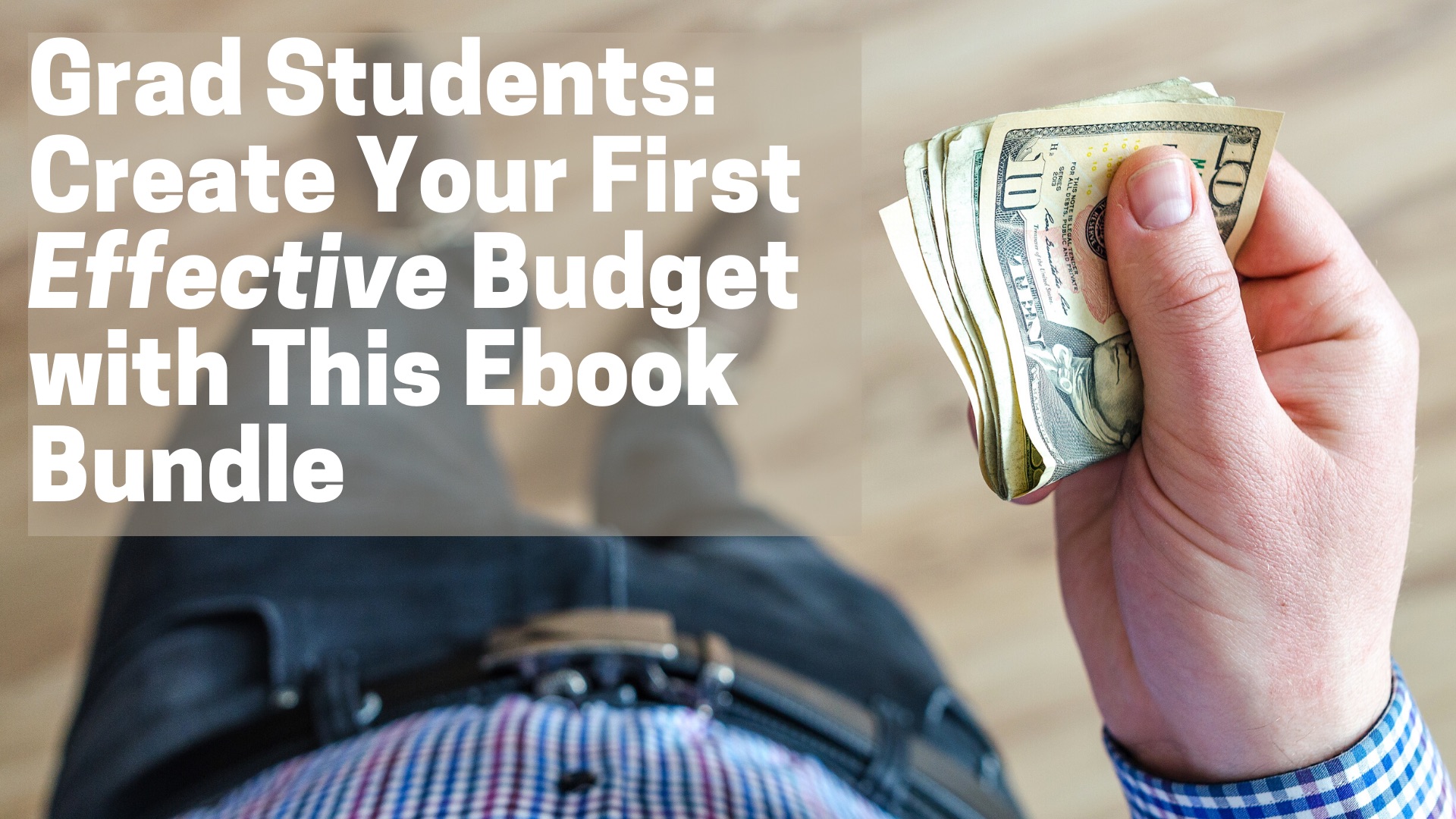Postbac, graduate student, and postdoc fellows frequently ask whether their fellowships are considered taxable income. PhD-type fellowships that are not reported on a W-2 are non-compensatory income. They might be reported on a 1098-T in Box 5, on a 1099-MISC in Box 3, or on a courtesy letter or not reported at all, which accounts for the widespread confusion. Publication 970 answers the question of when a fellowship can be considered tax-free. Fellowships are considered part of the recipient’s taxable income unless they go toward paying qualified education expenses (students only).
Links Mentioned in the Episode
Transcript
Welcome to the Personal Finance for PhDs Podcast – a higher education in personal finance. I’m your host, Emily Roberts.
I’m doing something a little bit different in this special bonus episode for Season 2.
I’m using it to answer a frequently asked question that I receive about taxes. The question is: Do I owe income tax on my fellowship?
In this episode, I’m speaking to citizens and residents in the United States. And I’m also talking about PhD-type fellowships whether at the postbac level, the graduate student level, or the postdoc level.
What’s going on with these fellowships that makes the recipient question whether or not they are taxable is that they are not reported on a W-2. They might not be reported at all, or they may be reported on a 1098-T in Box 5, on a 1099-MISC in Box 3, or on a courtesy letter, which is not an official tax form but rather just a letter that states what the amount of the fellowship was in that calendar year.

Fellowship income is considered part of your taxable income. Now, you may not actually end up paying tax on your fellowship income depending on the rest of your return, like the deductions and credits you’re going to be able to take, but it is considered part of that taxable income.
Now, I know you’re not inclined to just believe me right off the bat. I mean, there’s a strong incentive for you to believe that your fellowship income is not taxable, so I’m going to give you a bit of evidence here.
IRS Publication 970 is the definitive publication on the taxability of fellowship and scholarship income. I’ll read you a few excerpts from Chapter 1 of Publication 970.
First, some definitions:
A scholarship is generally an amount paid or allowed to, or for the benefit of, a student (whether an undergraduate or a graduate) at an educational institution to aid in the pursuit of his or her studies.
A fellowship grant is generally an amount paid for the benefit of an individual to aid in the pursuit of study or research.
So you can see that fellowship grants are much more broad; they can be issued to non-students, whereas scholarships only go to students.
Chapter 1 of Publication 970 approaches fellowships and scholarships from the perspective of trying to make them tax-free.
So let’s see how that can happen:
A scholarship or fellowship grant is tax free (excludable from gross income) only if you are a candidate for a degree at an eligible educational institution.
So right off the bat we know that anybody who is receiving a fellowship who is not a student cannot make their fellowship tax-free, i.e., it is part of their taxable income.
Additionally:
A scholarship or fellowship grant is tax free only to the extent: It doesn’t exceed your qualified education expenses…
So now we’re just dealing with the graduate student population that has the potential to make a scholarship or fellowship grant tax-free.
The way that we use the terms ‘scholarship’ and ‘fellowship’ in academia, a ‘fellowship’ generally refers to the money that you take home for your living expenses, whereas ‘scholarship’ is the money that goes towards paying your tuition and fees, the qualified education expenses.
Very roughly speaking, your qualified education expenses can make your scholarships tax-free if you’re a fully funded graduate student, but there’s no more qualified education expenses to start making your fellowship income tax-free. Therefore, again, roughly, your fellowship income is included in your taxable income.

So to summarize, fellowship and scholarship income that goes towards paying our qualified education expenses like tuition and fees can be made tax-free, but fellowship and scholarship income that goes towards paying other kinds of expenses like your living expenses can’t be made tax-free.
Now, I’m glossing over some very important details on how you actually calculate your taxable income, so if you want more information about that, please see the tax center on my website, pfforphds.com/tax.
But, there you go, roughly speaking, fellowship income does need to be included in your taxable income, whether you are a postbac, a graduate student, or a postdoc.
Thanks for joining me in this short bonus episode!
Please share this episode on social media and with your peers because this is a message that they need to hear. It’s not a message that they want to hear, but it’s a message that they need to hear to stay on the right side of the IRS.
Show notes for this episode can be found at pfforphds.com/s2be1.
Thanks for joining me today, and I’ll see you in the next episode!
Further reading/viewing:









